
London Commemorates World War II Outbreak in Britain
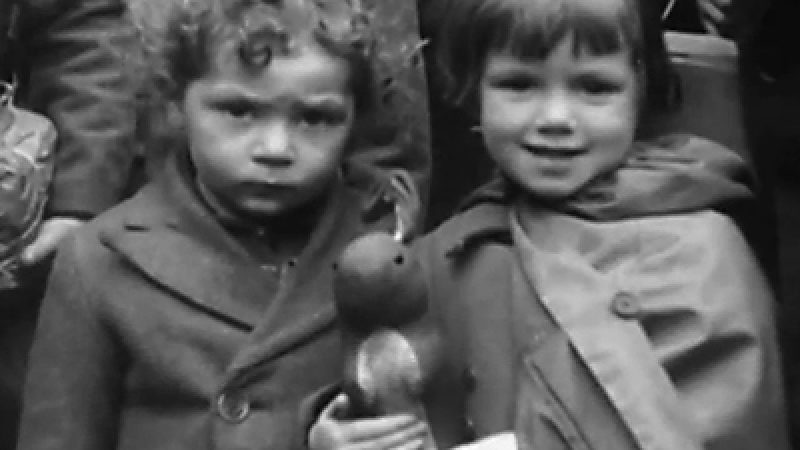
We go now to London to the opening of an Imperial War Museum’s new exhibition. Called Outbreak 1939, it commemorates the 70th anniversary of the outbreak of World War II in Britain. Our Normann Bjorvand brings us touching stories from war veterans.
This pair of massive cannons is the welcoming sight of London’s Imperial War Museum. Inside, tourists are found in the hundreds getting their fill of some of war’s destructive machinery.
As well as the permanent display, Outbreak 1939, an exhibition, opens to the public commemorating 70 years since Britain got involved in World War II.
John Harrisson, was a young gunner on the HMS Belfast. Now at 95 he recalls being one of the first to survive a mine attack in October 1939.
[John Harrison, World War II Veteran]:
“It brings back a lot of nostalgic thoughts, and you say, well, I don’t know who’s guiding this. But you’re either in the right place or the wrong place. But if you’re in the wrong place, well…You knew it was coming and that was it, no belly ache. But I’m lucky, very, very lucky. So is the Belfast, ‘cause she’s still with us.”
William Gillespie was just 11 years old when he survived the first merchant ship sunk by a German U-boat.
[William Gillespie, World War II Survivor]:
“We were on SS Athenia when it got torpedoed. We’re one of the few survivors. There were a lot of survivors, but from what I understand there’s only… my brother and I are the only ones they know of that are alive.”
Outbreak 1939 also focuses on the ways the war affected the lives of civilians. From gas masks to radio broadcasts on display, the exhibition tells the stories of ordinary men and women.
Millions of children in Britain also had to leave their families behind, when they got evacuated from the cities to take refuge in the countryside.
[Betty McDonnell, WWII Child Refugee]:
“When I look back now I think in a way we were lucky as children, because we didn’t hear a lot about the war. And because also I was a child who suffered with Bronchitis, and going down to the country I had all that lovely fresh air, which helped me get a bit better, you know.”
German Jewish Celia Horwitz was part of the Kindertransport rescue efforts and was evacuated as a girl to England.
[Celia Horwitz, Kindertransport Refugee]:
“Oh, it was so many moves at first and you know people said it must have been traumatic. And I thought: ‘Traumatic?’ I didn’t have time to think about it. You know, it was so much change in such a short time, you didn’t know where you were sometime. You know when I think about the war and Hitler in particular, it just shouldn’t happen. Religion should never be the main cause of a war. I mean, how can you kill people for being one religion, one color, where does it stop?”
Normann Bjorvand, NTD, London.
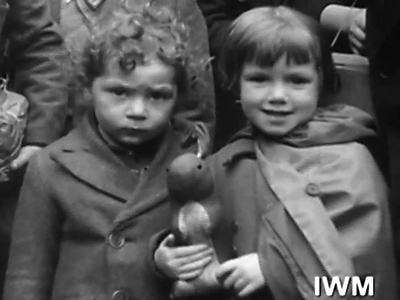 (NTDTV)
(NTDTV)


![[Live] FDP-Wahlkampfauftakt mit Parteichef Lindner in Potsdam](https://images-de.epochtimes.de/uploads/2025/01/Thumb-FDP-Live-Potsdam-400x225.jpg)













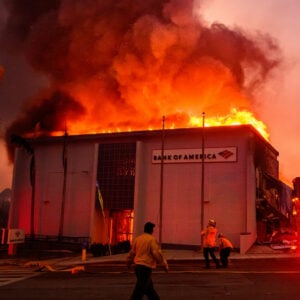
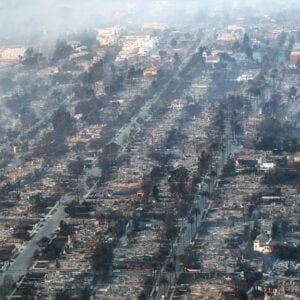





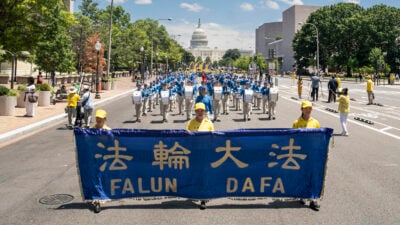



vielen Dank, dass Sie unseren Kommentar-Bereich nutzen.
Bitte verzichten Sie auf Unterstellungen, Schimpfworte, aggressive Formulierungen und Werbe-Links. Solche Kommentare werden wir nicht veröffentlichen. Dies umfasst ebenso abschweifende Kommentare, die keinen konkreten Bezug zum jeweiligen Artikel haben. Viele Kommentare waren bisher schon anregend und auf die Themen bezogen. Wir bitten Sie um eine Qualität, die den Artikeln entspricht, so haben wir alle etwas davon.
Da wir die Verantwortung für jeden veröffentlichten Kommentar tragen, geben wir Kommentare erst nach einer Prüfung frei. Je nach Aufkommen kann es deswegen zu zeitlichen Verzögerungen kommen.
Ihre Epoch Times - Redaktion